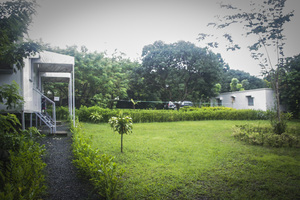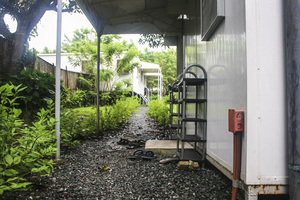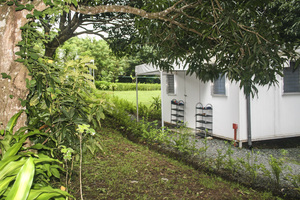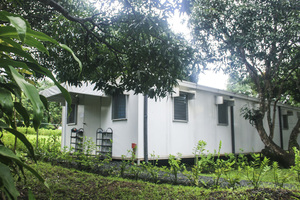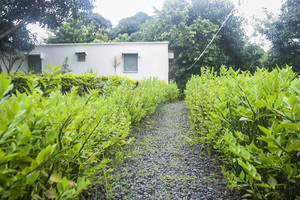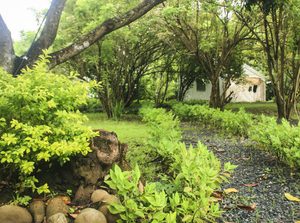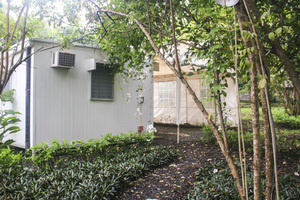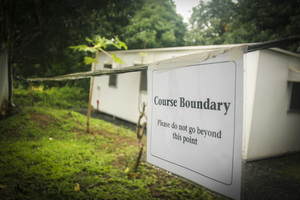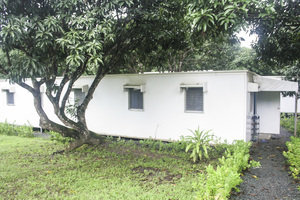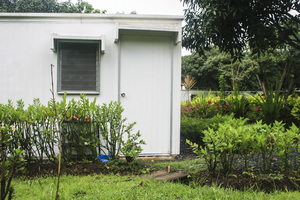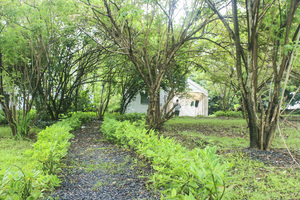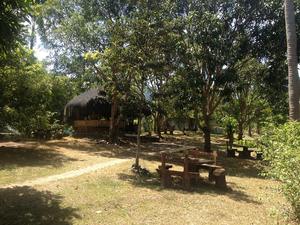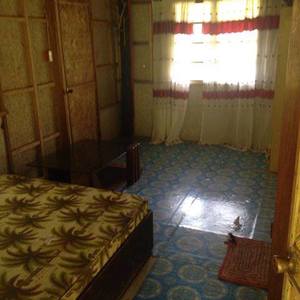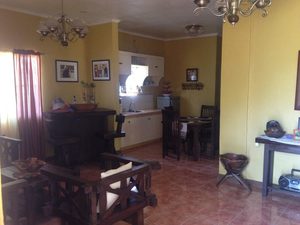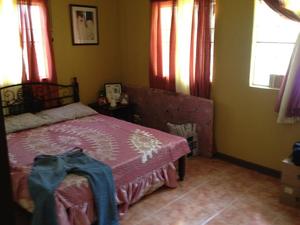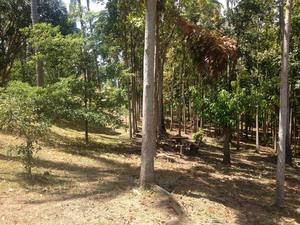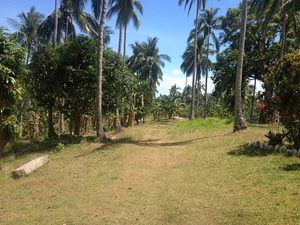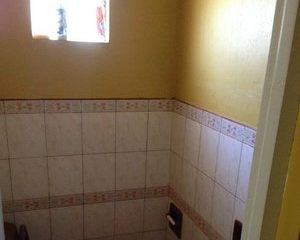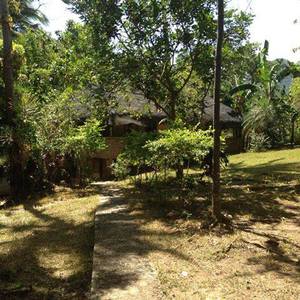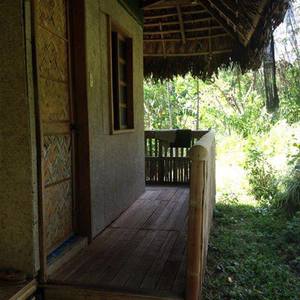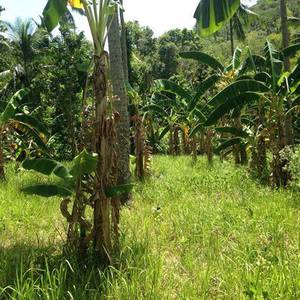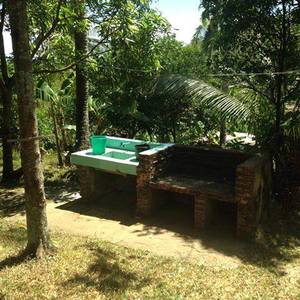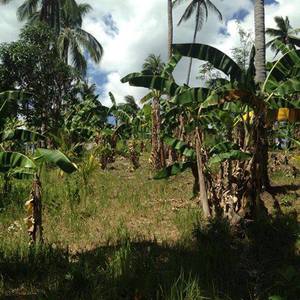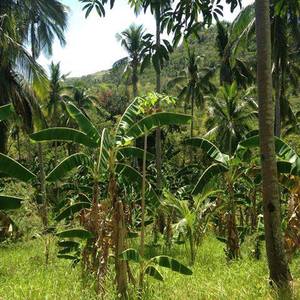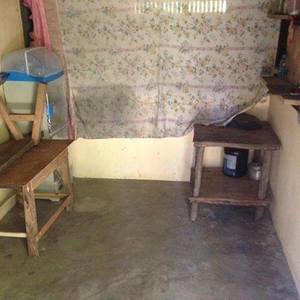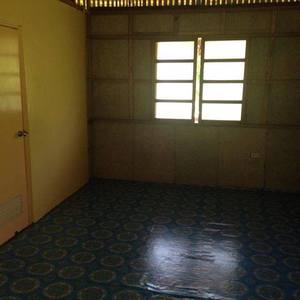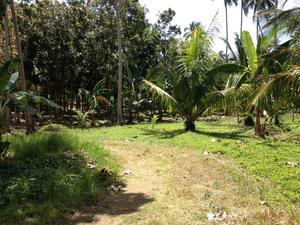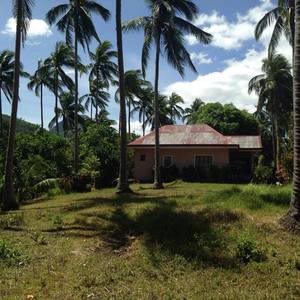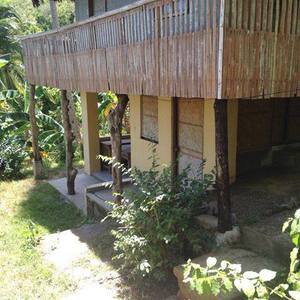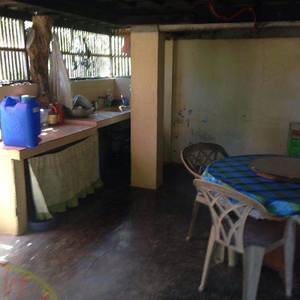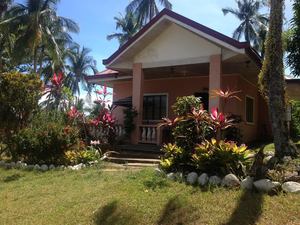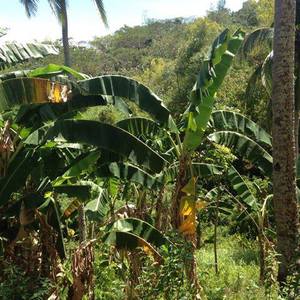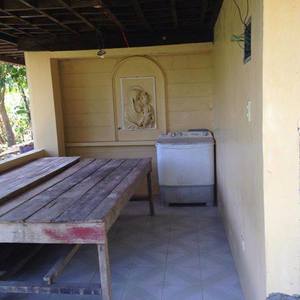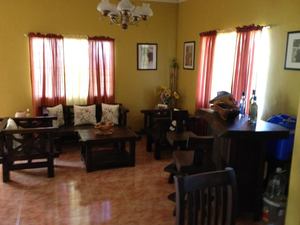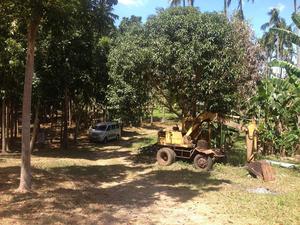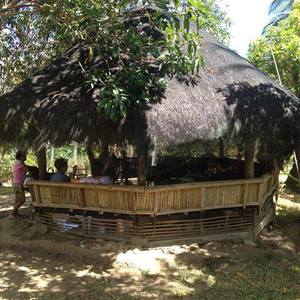History of Vipassana in the Philippines
The First Vipassana Course in the Philippines
(October 2002)
“A meditation course of Buddhist origin held in a convent of the Catholic nuns? Strange, indeed…”
A real life remark from a manager of a multinational company upon learning of the first Vipassana meditation course in the country. It was held from 17 to 28 October 2002 at the Novitiate house of the Religious of the Sacred Heart of Jesus (RSCJ) in Montalban, Rizal.
The idea of organizing a Vipassana course in the Philippines grew out of the benefits received by an RSCJ who attended two Vipassana courses in Thailand in January 2000. She thought how beneficial it would be if the government officials of the land would attend such a course. That was after reading the Sayagyi U Ba Khin Journal.
Preparing for Vipassana
The five precepts of sīla would certainly change the attitudes, perspectives and ways of living of those who rule the country and, for that matter, anyone who practises sīla (morality), samādhi (concentration of mind), and paññā (experiential wisdom). The preparations included the daunting tasks of finding a suitable place for the course, fixing the dates, and gathering data from the Vipassana websites on how to organize and manage a 10-day Vipassana course.
Facilitating the First Course
The community worked together online to tap dhamma workers from Hongkong and Taiwan.
Old students from Germany, Malaysia, Singapore, Hong Kong, Taiwan and Japan generously provided funds for the Dhamma hall facilities including cushions and food. There were 21 participants: 18 females and 3 males. Five of the female students were old students. All were university graduates holding positions in different educational and business institutions and non-government organizations (NGOs). All were practicing Catholics but open-minded enough to experience another meditation technique in the search for a fuller and more integrated life.
The peculiar feature of this course was that there were an equal number of nuns and lay people who attended the course. Both groups found that Vipassana offered them a concrete methodology of changing old patterns of behavior in reacting to people and events around them.
Introducing Meditation in a Catholic Country
Meditation with Buddhist origins thriving in a Catholic country? Yes! The lives of many nuns, priests, as well lay people have changed because Vipassana meditation is non-sectarian. Meaning any person of any belief, social class, or gender can benefit from the technique, provided one is committed to doing it correctly. Even from the time of the Buddha, it has always been open to all. Hence the seed of dhamma continues to spread all over the world. This retreat and its facilities were made possible solely from the generosity of old students from Japan, Australia, Germany, Malaysia, Singapore, Hong Kong, Taiwan and the Philippines. From getting the benefits of Vipassana, these old students donate their time and money so that others may experience it.
The participants of the first course organized themselves into committees for the following course held in April 2003. They wanted to share the benefits they experienced with their family and friends. Their enthusiasm was infectious and heartening.
May the Dhamma spread in the Philippines for the benefit of many!
source: http://www.vridhamma.org/en2002-12
Planting the Seeds of Dhamma
Sico Farm, Dasmarinas, Cavite (2002-2016)

The Dhamma community found a temporary home in Sico Farm, Dasmariñas, through the kindness of an old student who opened the doors of her family’s mango grove to the local Vipassana organization. Various courses from 2010 to 2017 were held in Sico Farm. However, structural challenges made the location unfit for learning, and the last one-day course in Sico Farm culminated on January 29, 2017. Ten-day courses for the rest of the year were cancelled.
In December 2016, the organization acquired a 3-hectare property in Tiaong, Quezon, and work was done to move materials and resources to the new location.
A Permanent Vipassana Center
Dhamma Phala, Tiaong, Quezon (2018 – Present)
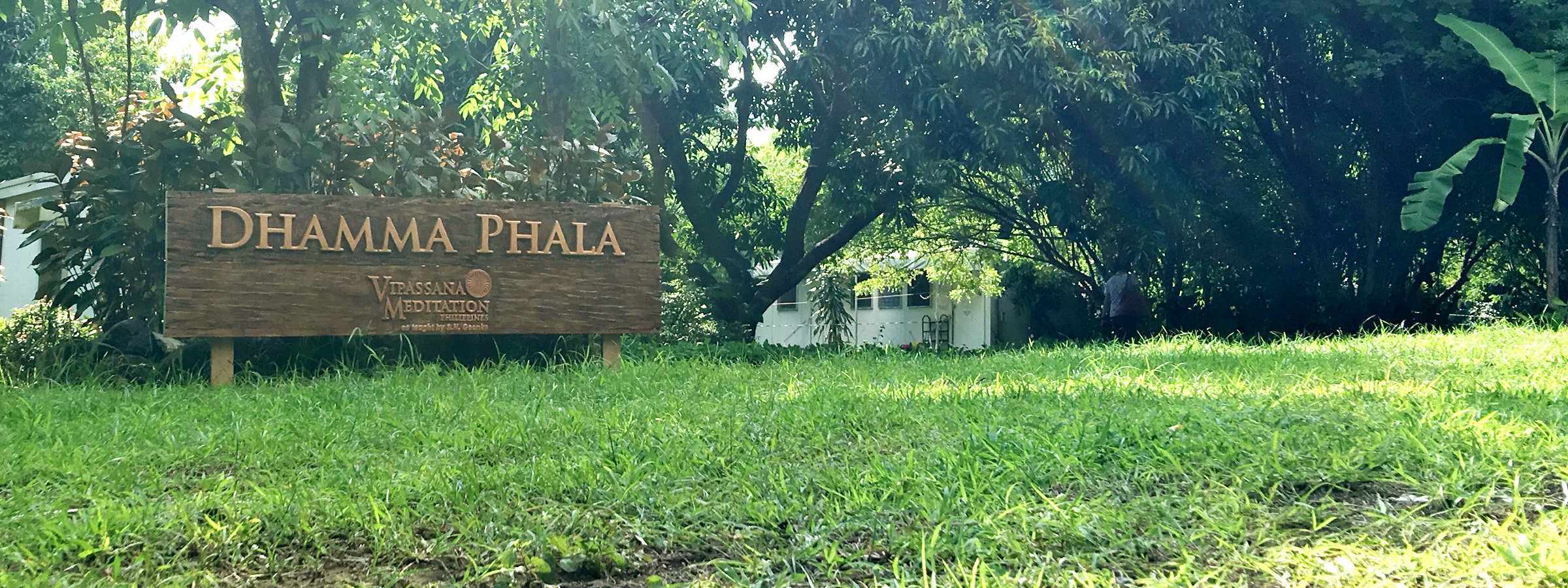
Dhamma Phala, which means “Fruition of Dhamma”, is relocating from Dasmarinas to Tiaong. In December 2016 the local Vipassana organization finalized the payment of a 3 hectare property in Tiaong, Quezon province. Located 2.5 hours outside of Metro Manila (around 100 km), the property is beautifully set in an agricultural area with hilly terrain. There is an abundance of tropical fruit-bearing trees (coconut, mango, banana, rambutan, etc.), and there is a creek that acts as a natural boundary. This rural area provides a peaceful atmosphere, which is ideal for learning meditation.


